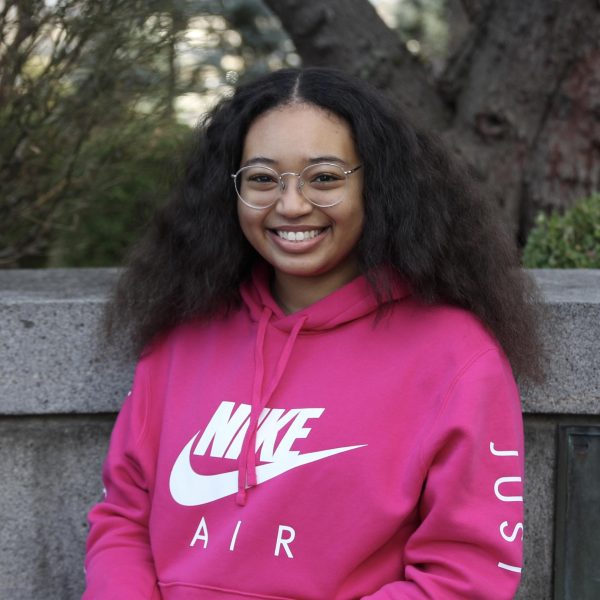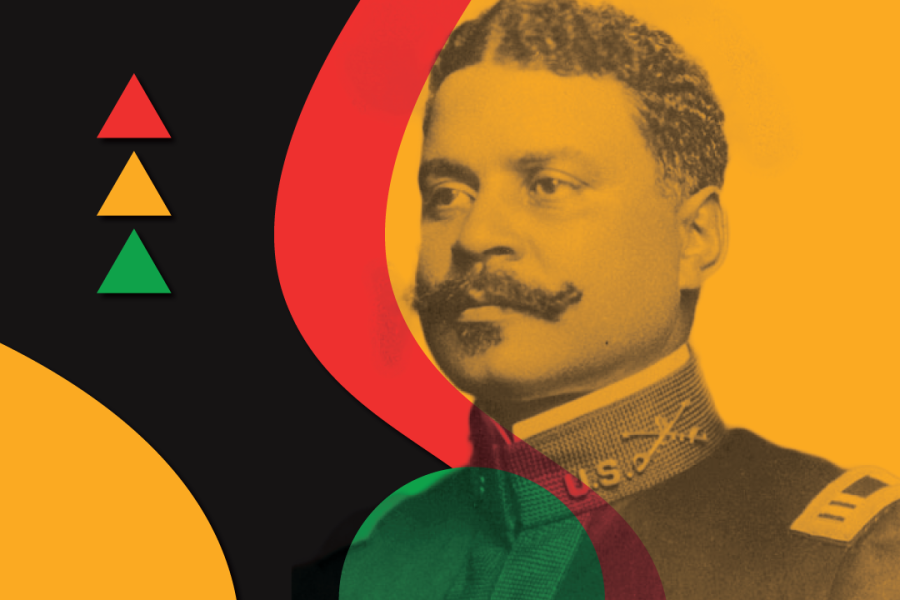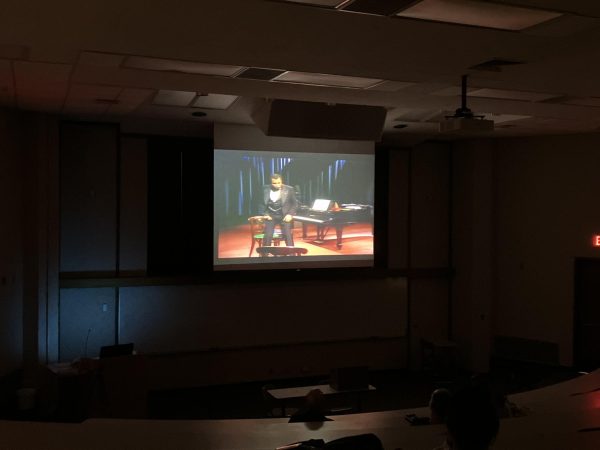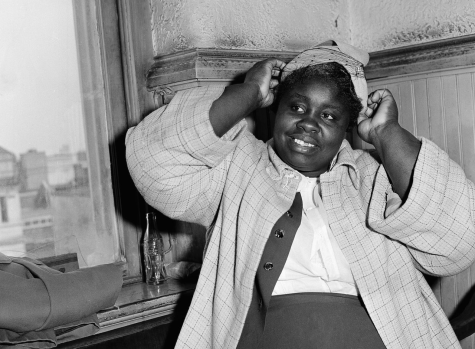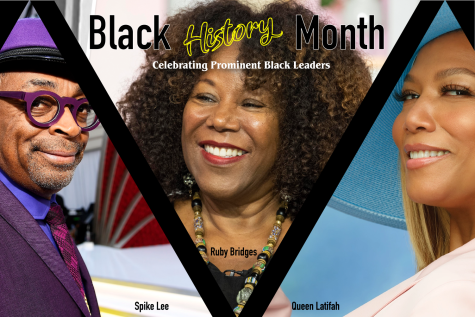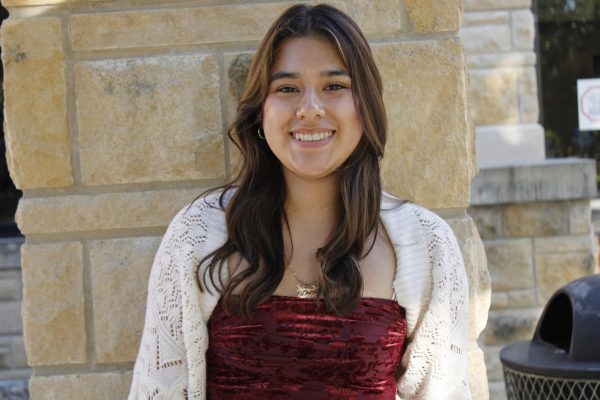Prominent African Americans in History: Benjamin O. Davis Sr. strives for a desegregated army
Benjamin O. Davis Sr. dedicated 50 years to desegregating the U.S. Army. He became the first African American to attain the rank of brigadier general.
Benjamin O. Davis Sr. was born in 1877 in Washington, D.C., to parents Henrietta and Louis Davis. He attended M Street High School, one of the nation’s first high schools for African Americans, where he received military training and went on to study at Howard University.
Because he enjoyed the discipline and order of military training, Davis joined the Eighth U.S. Volunteer Infantry- an all-Black unit stationed in Georgia- as a temporary first lieutenant, according to the African American Registry. Once the war ended in 1899, the unit disbanded and Davis decided to re-enter the Army. He was then stationed in Utah with the 10th Cavalry (Buffalo Soldiers) as a private. A year later, he rose to the rank of sergeant major and with the mentorship of Lieutenant Charles Young, the only African American officer in the military at that time, Davis was commissioned a second lieutenant.
Assigned to the 10th Cavalry, his first assignment was service in the Philippine-American War in in 1901. In 1902, during World War I, Davis and his family accepted duty at Fort Washakie, Wyoming and Fort Robinson, Nebraska. He also worked as a professor of Military Science at Wilberforce University in Ohio during this time. Davis went on to serve in Monrovia, Liberia as a military attache and was a border patrolman during the Mexican Revolution.
At this time, the military was still segregated with all-Black regiments and white officers. This is the main reason why Davis and his family moved around so much, according to the article “Where dreams become destiny: General Benjamin O. Davis Sr.” by Bert Jenson. Many white troops were uncomfortable with Davis in command, so the Army sent him back to the Philippines. This wasn’t an uncommon occurrence within the military. Numerous Black people who made it into war served as laborers, and those given the chance to fight weren’t recognized for their valor. Instead, Black troops were painted as cowards, prolonging the desegregation of the Army and the time it would take for Davis or any other African American to reach a higher rank.
After a while, the number of African Americans in the Army decreased, leaving Davis as the only Black officer until 1940. During this time, Davis fought for a higher position and eventually rose to the rank of full colonel, yet his duties were still insignificant. He continued to push for more command and duties equal to his rank. Then, in 1938, he was appointed commander of the 369th Infantry in the New York National Guard where he served for two years. Finally, in 1940 with the help of the Black Cabinet, President Franklin D. Roosevelt promoted Davis to brigadier general. He became the first African American to attain that rank.
Davis continued his efforts of desegregating the Army throughout World War II, and was later appointed as the special assistant to the secretary of the Army in 1945, according to Blackpast. On July 20, 1948, President Harry Truman presided over Davis’ retirement ceremony after 50 years of service. He was awarded with the Distinguished Service Medal, the Bronze Star, the French Croix de Guerre with Palm, Grade of Commander of the Order of the Star of Africa from the Liberian Government as well as an honorary Doctor of Law degree from Atlanta University. In addition, President Truman presented him with a scroll for 50 years of dedication to his country. During his retirement, Davis served as a member of the American Monuments Commision until his death in 1970..
Davis’ strong efforts eventually led to the desegregation of the Army and ultimately the issuance of the Executive Order 9981, making integration and equality mandatory under military code throughout the Army. In all, Davis “left a torch burning” for many other African Americans to follow (Jenson, 1994). His diligence allowed a space for others to excel and shattered racial discrimination in the Army.
Edited by: Glorianna Noland, Justin Shepard
Your donation will support the student journalists of Washburn University. Your contribution will allow us to purchase equipment and cover our annual website hosting costs.
